“In an unprecedented interview with the Guardian of the Lost City, he says: I was thinking about the burden placed on the shoulders of my peers, the guardians of capitals and major cities like Cairo, Damascus, Rabat, Paris, London, Madrid, Rome, Berlin, New Delhi, and Beijing… more than I was thinking about myself…
Between the lost city as a reality and the utopia as a dream, Saeed, the hero of the novel “The Guardian of the Lost City” by Palestinian novelist and poet Ibrahim Nasrallah, stumbles into a maze of loss. He represents a state of disbelief that affects an entire generation, searching for meaning in his life and the fulfillment of his dreams, in a relentless attempt to restore a lost balance in the real world. In this novel, Ibrahim Nasrallah presents a fictional trial of the Arab political system, discussing the significance of the actual, material absence of people—that is, as real, active individuals in the calculations of politicians—and the symbolic absence it represents. He poses troubling and fateful questions that remain the primary concern of the Arab citizen, despite the passage of sixteen years. Since the novel was first published, the distance between the ruler and the ruled, and the distance between destiny and the subject, is still fading in our Arab existential struggle; because man is only lost in lost cities, and cannot exist individually in the shadow of the greatest absence… Did Ibrahim Nasrallah mean to say that the circle is still closed on us, and that there is no eye of a needle through which the individual in his Arab version can slip, or jump over, even in light of the ongoing Arab revolutions, which seem to herald an Arab Autumn at the very least? There is no doubt that Ibrahim Nasrallah, in every work he presents to us, raises fateful and existential issues specific to the Arab person, in which he launches from reality to the imaginary, and leaves the reader the opportunity to project this imagination onto reality and its facts. If “Saeed,” the hero of the novel, discovers that his city is empty of its inhabitants, as if it has turned into a ghost town, is it the fate of our Arab cities today to turn into ghosts? Here, the novelist seems to whet the reader’s appetite to collaborate with the text’s producer in constructing meaning, thereby capturing the profound artistic pleasure of the text, one that enables him to carve out rich and abundant interpretive paths. This means we are faced with a work that requires a special reading and a model reader.
save
د.ا0.50The Guardian of the Lost City
د.ا8.50د.ا9.00
A novel that explores the human struggle with loss and exile, in a poetic narrative of lost cities and eternal longing.
Available on backorder
| Author | |
|---|---|
| Year | |
| Publisher | Arab House of Science |
Customer Reviews
There are no reviews yet.
You may also like…
-
Just 2 Only The Palestinian Farce
د.ا5.50A literary work that reflects Palestinian reality in a humorous and satirical manner, addressing suffering. And displacement in a dramatic context.
د.ا6.00 -
The Hardest Journey
د.ا6.00This is an autobiography of the Palestinian poet Fadwa Tuqan, published in 1993 by Dar Al-Shorouk in Amman. It explores her personal and national experience under the Israeli occupation, particularly after the 1967 setback, shedding light on the suffering of the Palestinian people through her profound and resistant human narrative.
-
The Palestinian Exodus Part One Days of the Country and Part Two Tales of the Camp
د.ا20.00An epic novel that narrates the modern history of Palestine through the experience of a Palestinian family, from the 1930s to the late 1960s, documenting the struggle against British colonialism, the Nakba, and the diaspora, while highlighting the suffering of refugees in the camps and their daily struggles.
د.ا21.00 -
Prairie Al-Himma
د.ا4.50A novel that addresses the human struggle with harsh conditions and complex emotions in light of the political and social events taking place in the region.
د.ا5.00

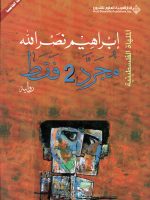
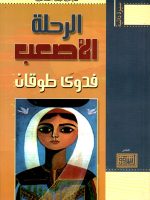
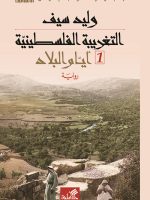
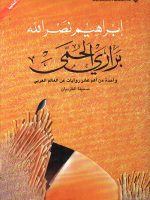
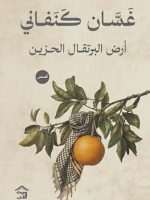
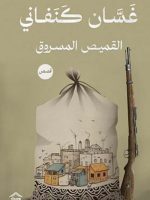
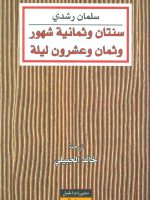
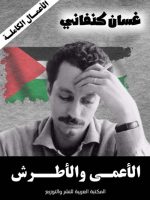
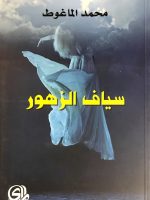
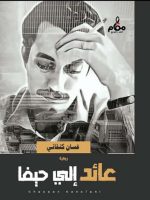
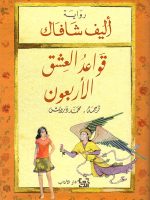
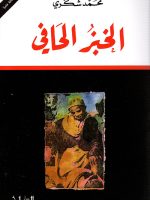
Be the first to review “The Guardian of the Lost City”